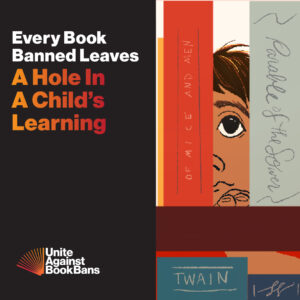What's New at PA Forward®
Bucks County Today Article – July 18, 2024
Read MoreRemoving and banning books from public libraries is a slippery slope to government censorship and the erosion of our country’s […]
Read MorePa Forward(R) is excited to announce the launch of a virtual programming library. Watch high quality library programming brought to […]
Read MoreInformation Literacy
How is information literacy defined?
Having the ability to express, connect with and understand knowledge and communication through comprehensive and innovative formats; the ability to distinguish between credible and non-credible sources; recognizing when information is needed to further oneself, an objective or a project.
One of the first skills in developing information literacy is being able to tell the difference between fact and opinion.
One of the first skills in developing information literacy is being able to tell the difference between fact and opinion.

Many teachers report that their students are better finders of information because of the accessibility of online resources, while other studies indicate that the overall presence of library (information literacy) instruction is the determining factor between higher and lower grade point averages in college students.
Research shows that increased access to sophisticated technological social tools and increased connectivity via smart phones, laptops, and other handheld devices is changing the behavior of several generations. Frequently cited generational differences are now blurring.


Senior citizens are disproportionately affected by Internet crime, and our current laws do not protect them. As their use of the Internet increases, so do their chances of falling victim to online scams.
No regulating body monitors the reliability of what is on the Internet.




